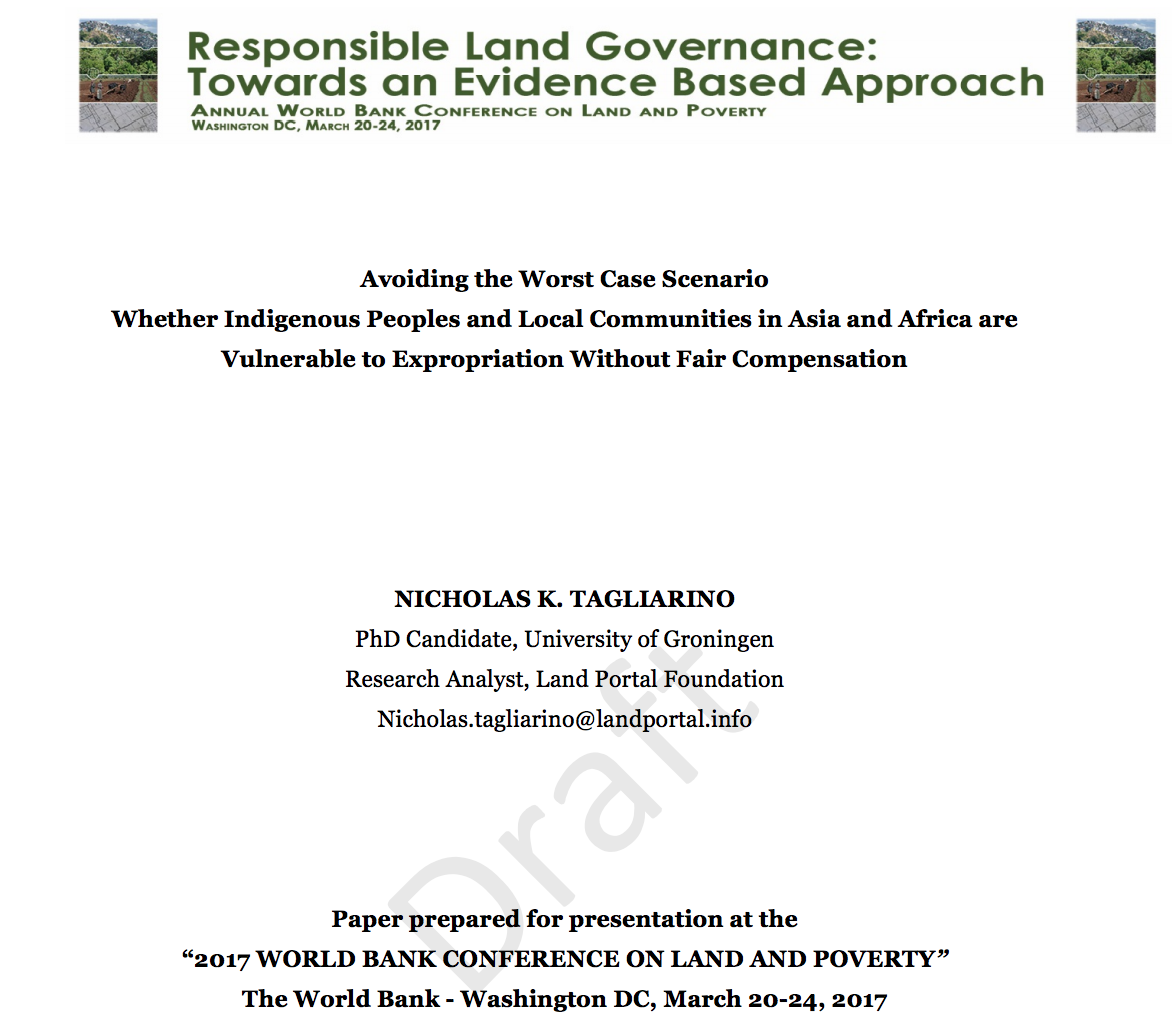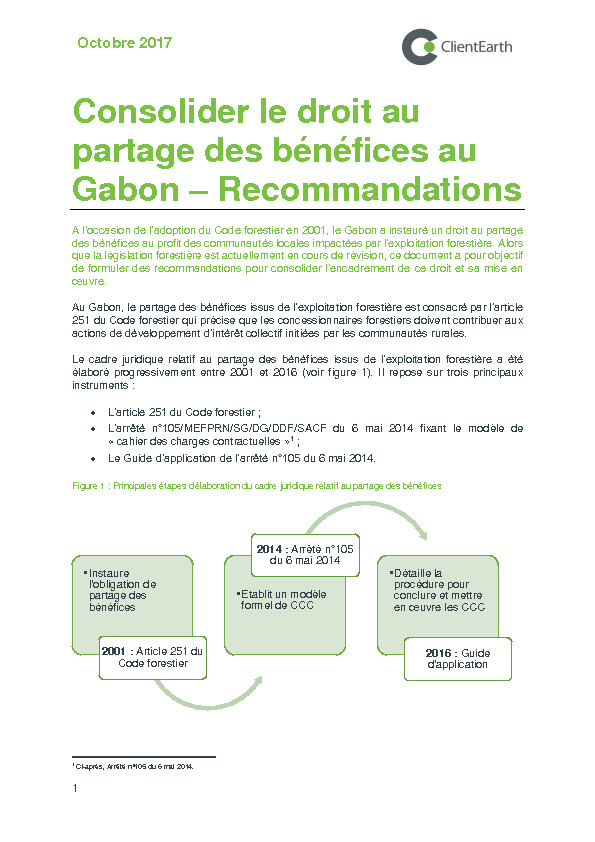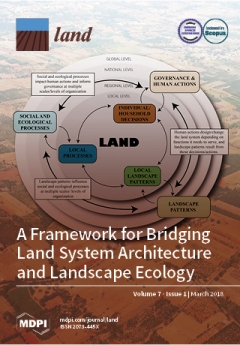Land Access Movement of South Africa v National Council of Provinces
In this case, which was heard before the Constitutional Court of the Republic of South Africa, The Restitution of Land Rights Amendment Act 15 of 2014 was declared invalid. The Act, among other things, sought to extend the period in which land restitution claims could be lodged. However, the court found that the Parliament did not sufficiently consult with key stakeholders including those who had successfully lodged claims under the previous Act of 1994.







